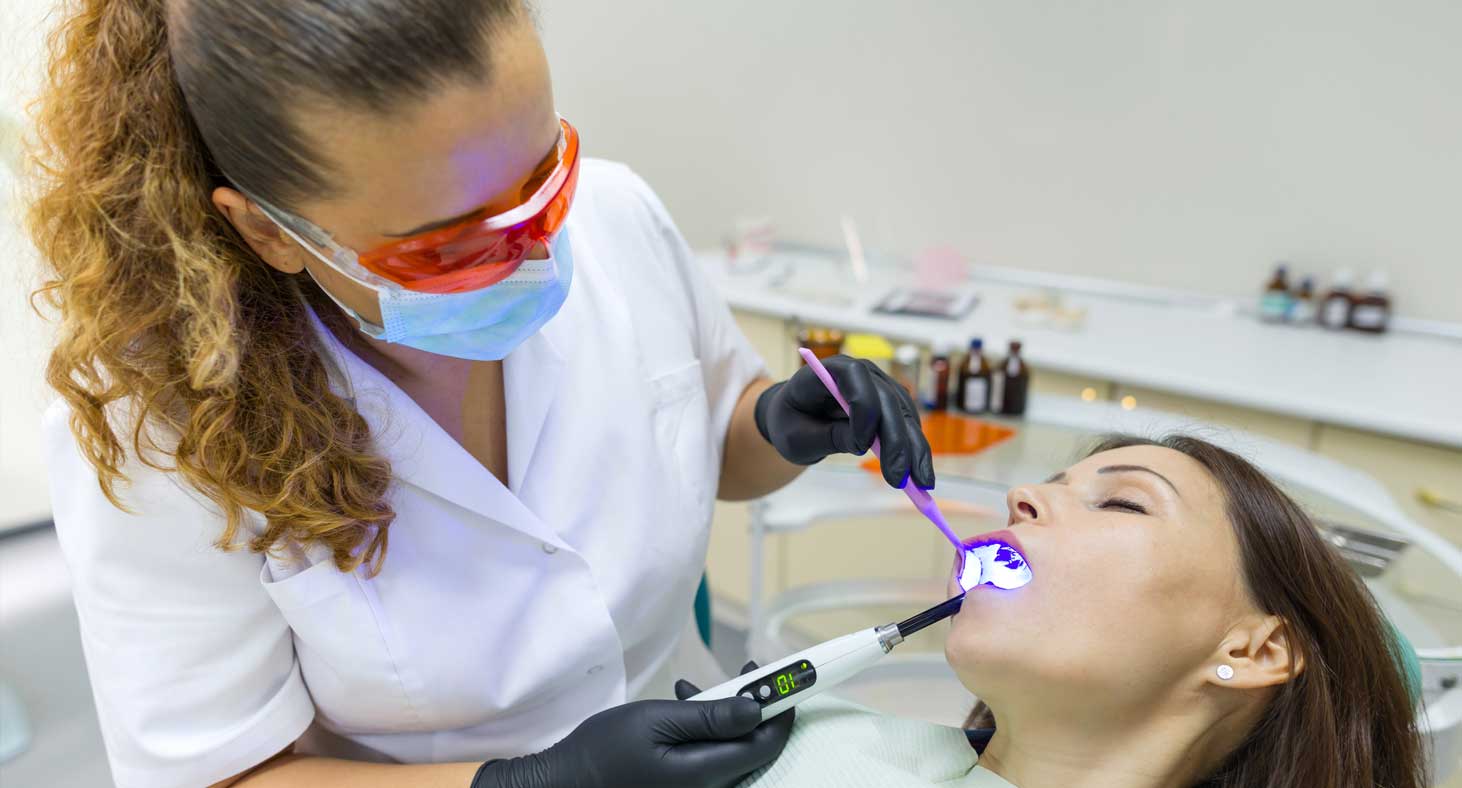Dental sedation serves a range of important purposes, from relieving anxiety to providing full pain relief during invasive treatments, like tooth extraction due to a cavity. Sedation is an integral part of many different procedures, and as such, it is important to understand the possible side effects so that you can feel fully prepared for your operation. Furthermore, if your child is receiving treatment, it is just as important to ask whether sedation dentistry is safe for toddlers and children, and what you can do as a parent to minimize any unwanted side effects?
What does dentistry sedation entail?
Since its origin, sedation has played a vital role in providing patients with a safe and effective experience when receiving dental treatment, and many operations offered today would be impossible to perform without it.
There are a number of different options available when performing dental work requiring sedation. Some of these are:
-
- Nitrous oxide: This is a mild, non-invasive sedative that can be inhaled with a little oxygen. It causes lightheadedness and full-body relaxation, which makes for calmer patients and, subsequently, easier operations.
- Mild sedation: More frequently used on older children and adults, mild sedation allows the patient to remain awake and somewhat aware of the procedure taking place. However, it also evokes a sense of calm, and patients often forget the experience shortly after. In fact, some children who experience mild sedation completely forget they went to the dentist at all!
- Moderate sedation: Moderate sedation is a step up from mild sedation. The patient remains awake, but is less likely to follow instructions, and far less aware of their surroundings. Sometimes, moderate sedation can be more appropriate for toddlers, who are less likely to follow instructions and may move or wriggle during the procedure. Recovery from moderate sedation can take slightly longer than from mild sedation.
- Deep sedation: To achieve deep sedation, IV medications are administered into the bloodstream. Deep sedation restricts the patient’s awareness and movement, and requires that the patient be monitored throughout the procedure.
- General anesthesia: Under general anesthesia, the patient is completely asleep. Medical professionals closely monitor the patient, who will have no recollection of the event. General anesthesia is by far the strongest form of anesthetic used in modern medicine, and requires some time spent recovering in the clinic following the procedure.
What are the common side effects?
The side effects of sedation dentistry are dependent on several factors, including the type of sedation performed, and the reaction of the patient. Not all patients experience the same side effects to sedation dentistry, but some are more common than others, including:
-
- Drowsiness
- Dry mouth
- Nausea or vomiting
- Problems concentrating or following instructions
- Temporarily blurry vision
Are there side effects for children?
The side effects of sedation dentistry are similar for both adults and children. You may notice your child is sleepier, or less able to do everyday tasks in the hours that follow the procedure. If the effects do not wear off right away, your child may need to stay home for a day or two after their operation. After the anesthetic wears off, they may experience some pain in the location where the dental procedure was performed. This might require mild, over the counter pain relief, such as ibuprofen. If your dentist prescribes any other form of pain relief or medication, be sure to follow the instructions carefully. Children are less likely to verbalize the exact sensations they are feeling, so monitor them in the hours and days following sedation. If you have any concerns about the side effects they are experiencing, communicate these with your care professional.
Are there any serious side effects to watch out for?
As with any medication, you might notice unwanted, sometimes serious side effects after your operation, which can include…
-
- Difficulty breathing
- Fainting
- Rapid heartbeat
- Severe skin irritation
- Vomiting
How can I prevent the need for sedation dentistry?
Good oral hygiene is the best way to prevent the need for sedation dentistry. Start by avoiding acidic fruits and juices, as well as sugary drinks and chocolate, as these can increase the chances of tooth decay, especially in children. Instead, stick to eating healthy snacks that strengthen teeth, and brush your teeth twice daily. Encourage your child to do the same, so that you can both avoid unwanted dental surgery. It is also important to look out for signs that your child might have a cavity, and be as proactive as possible in dealing with this. If you or your child experiences pain when eating, temperature sensitivity, or if there is a visible hole in their tooth, it could mean that dental work is required to solve the problem. Your entire family should visit the dentist regularly, and encourage each other to practice healthy oral hygiene. Lastly, if you or your child does need dental work requiring sedation, it is crucial you follow your dentist’s advice after the operation to avoid the need for future treatments.
Call Us Today!
At Arkansas Family Dental, we care about your whole family’s oral health. Whether you want a routine checkup, or feel you or your child might require dental work due to a symptom you’re experiencing, we can help. Set up an appointment online today, or call us at (501) 683-8886.

Leave a Reply